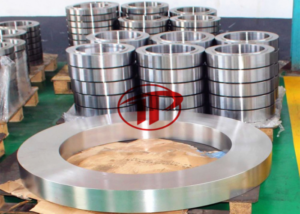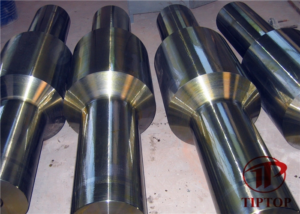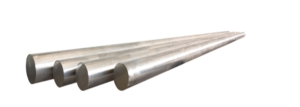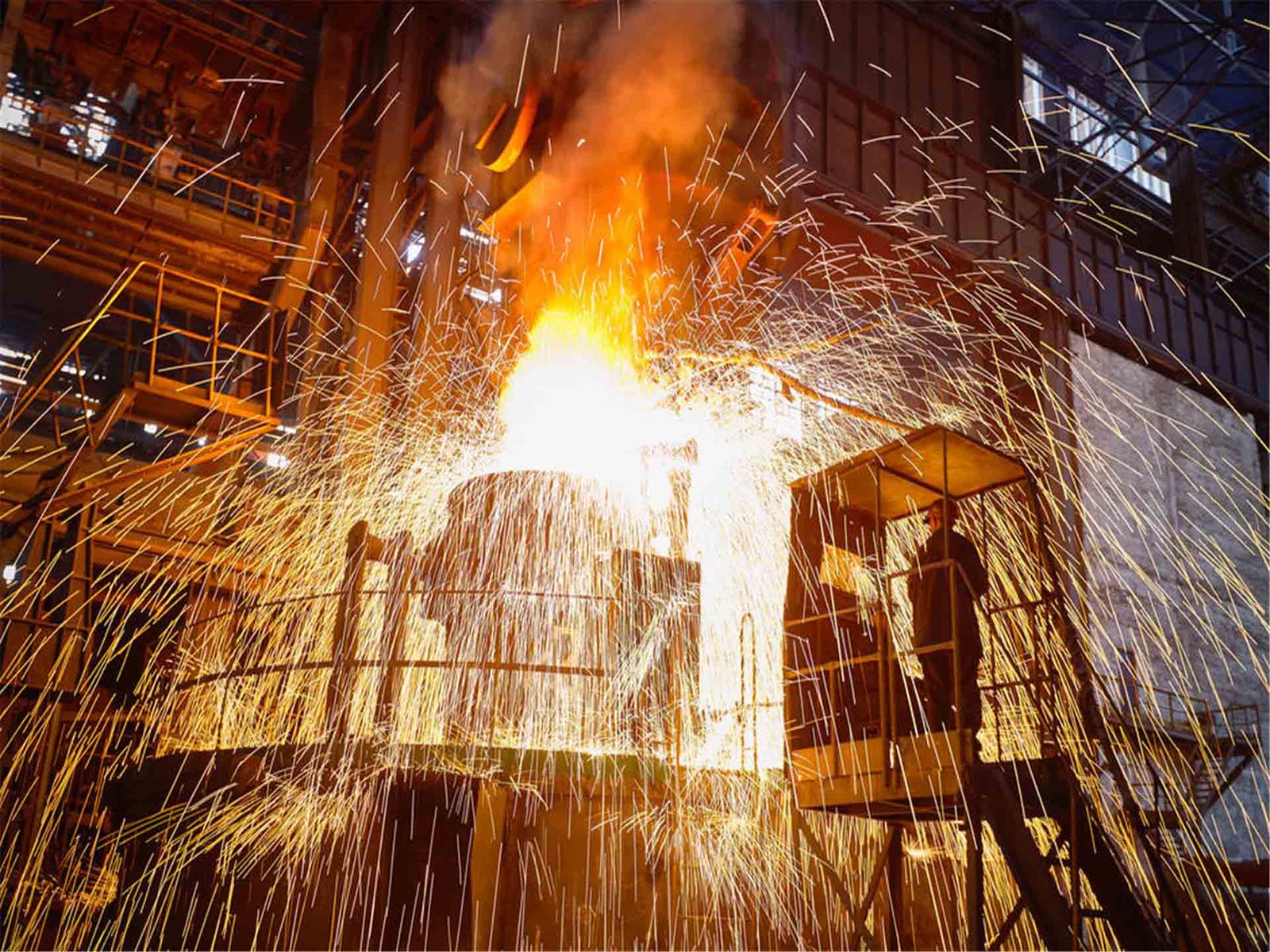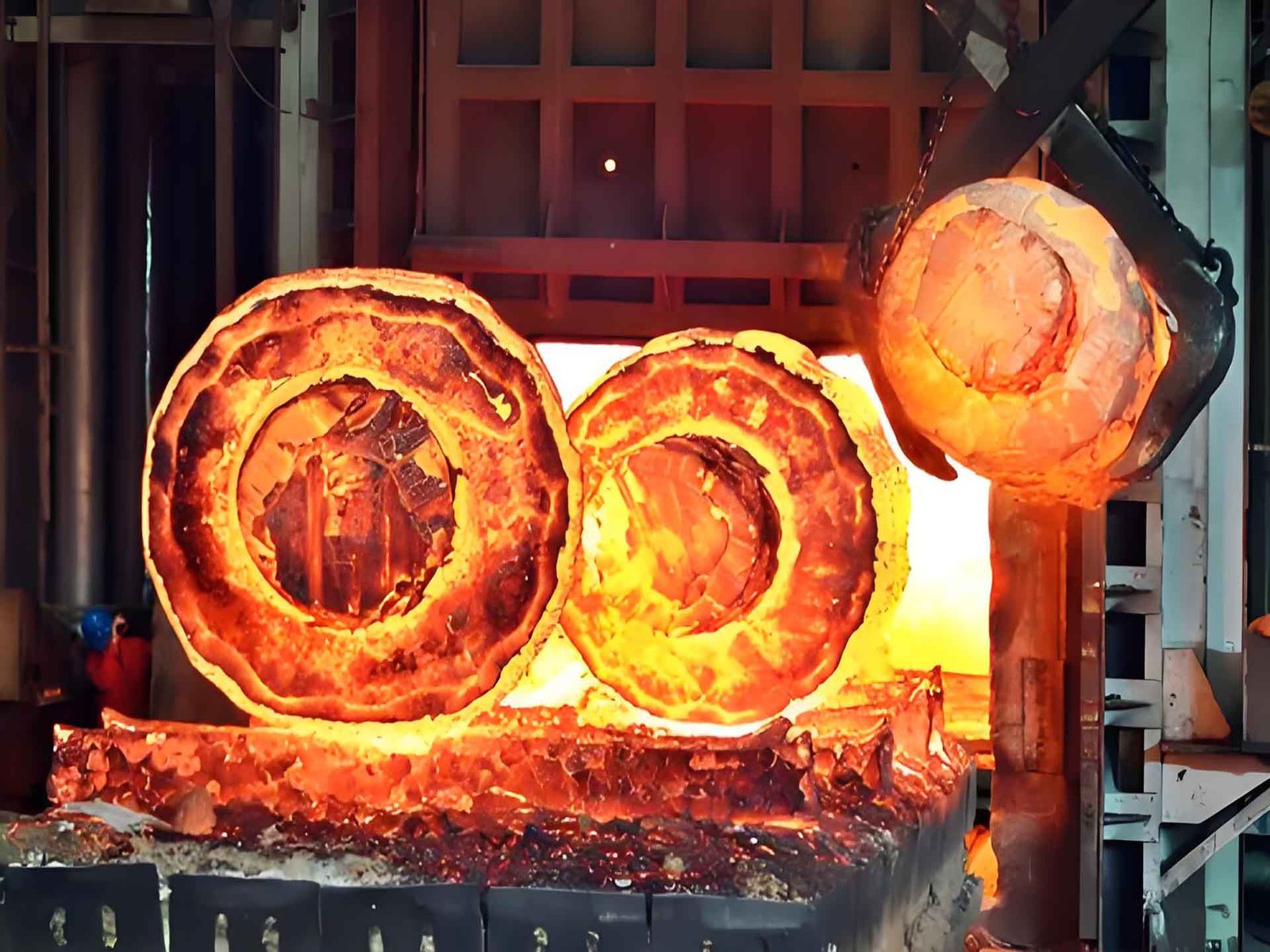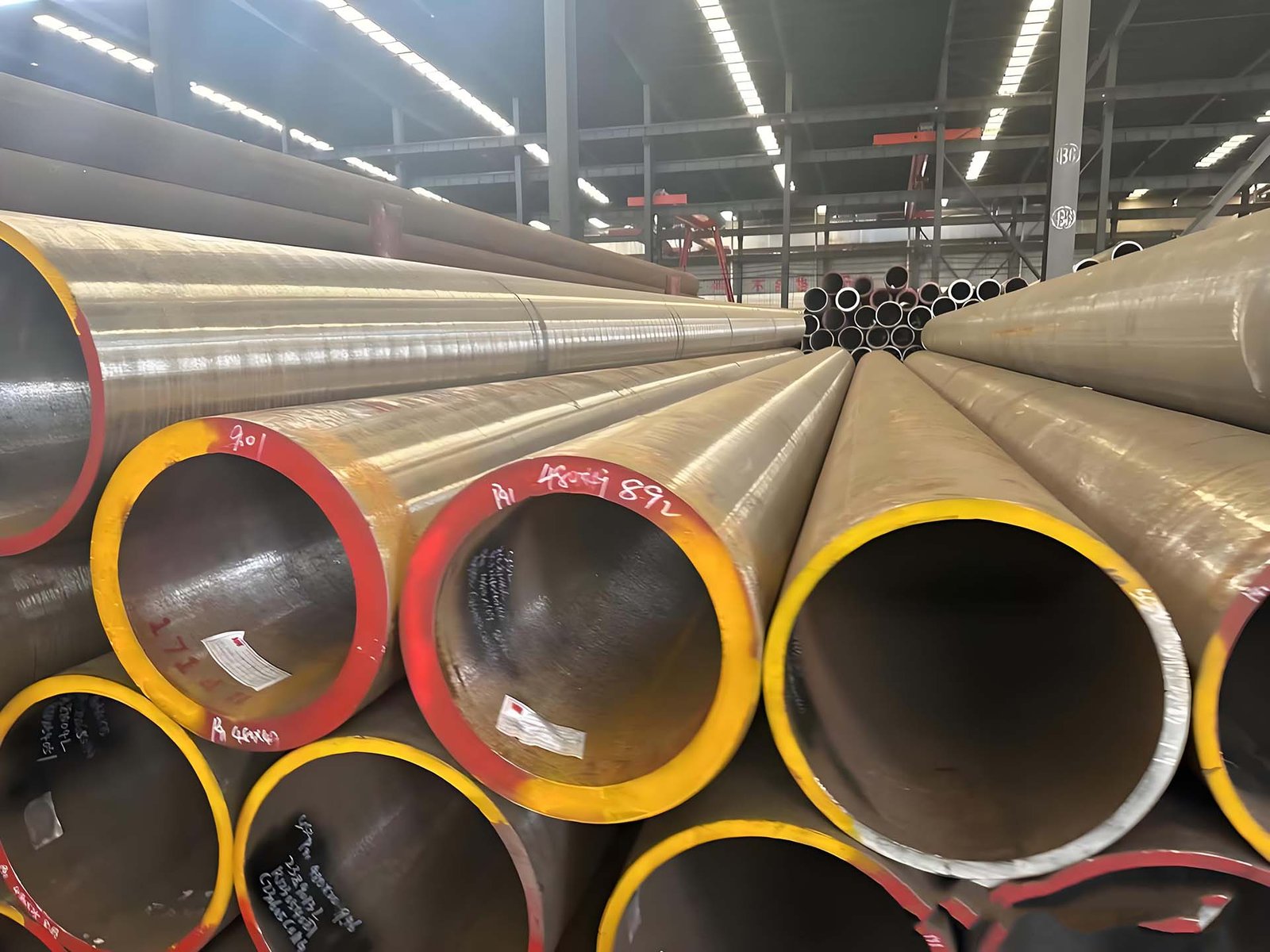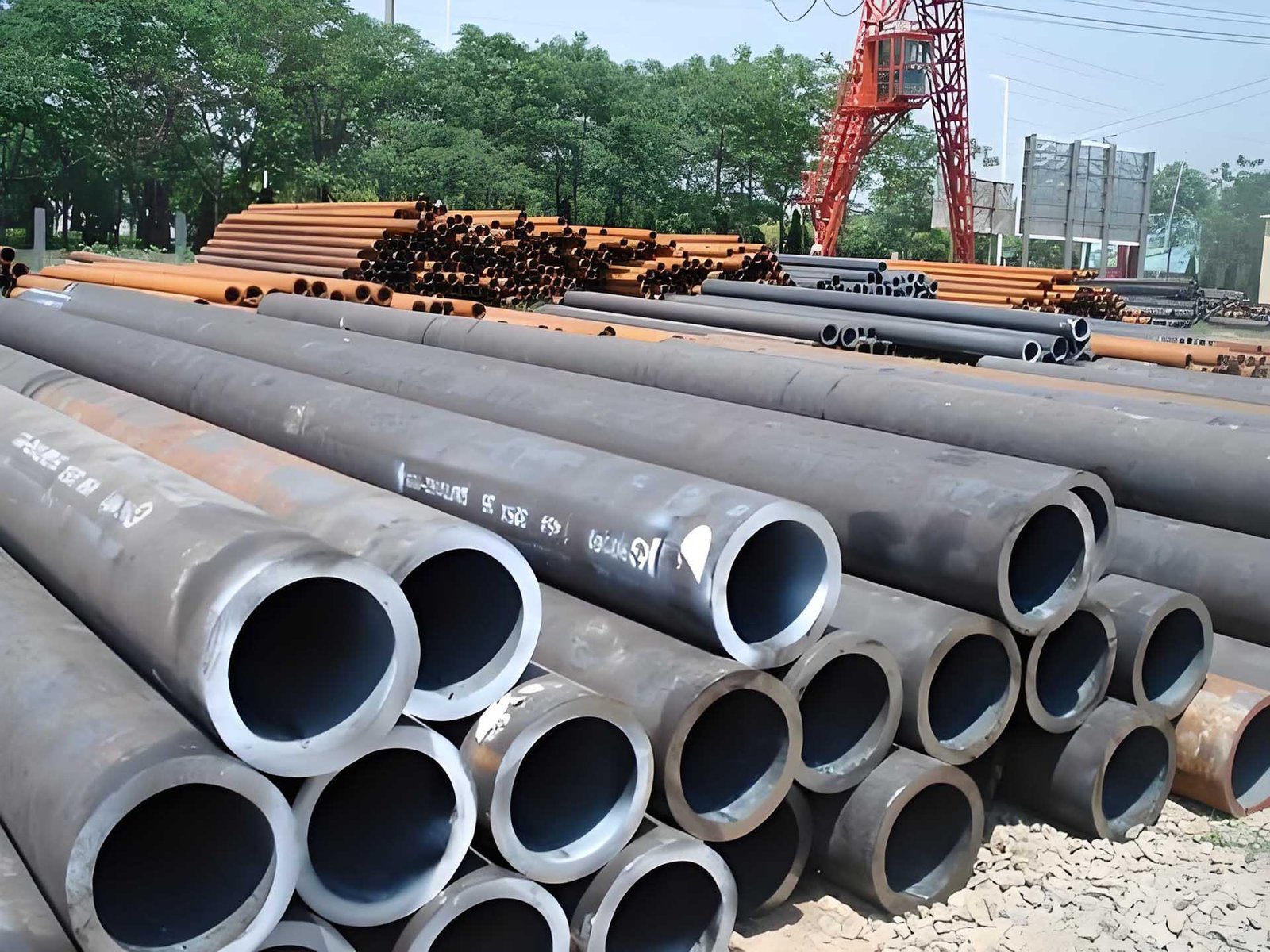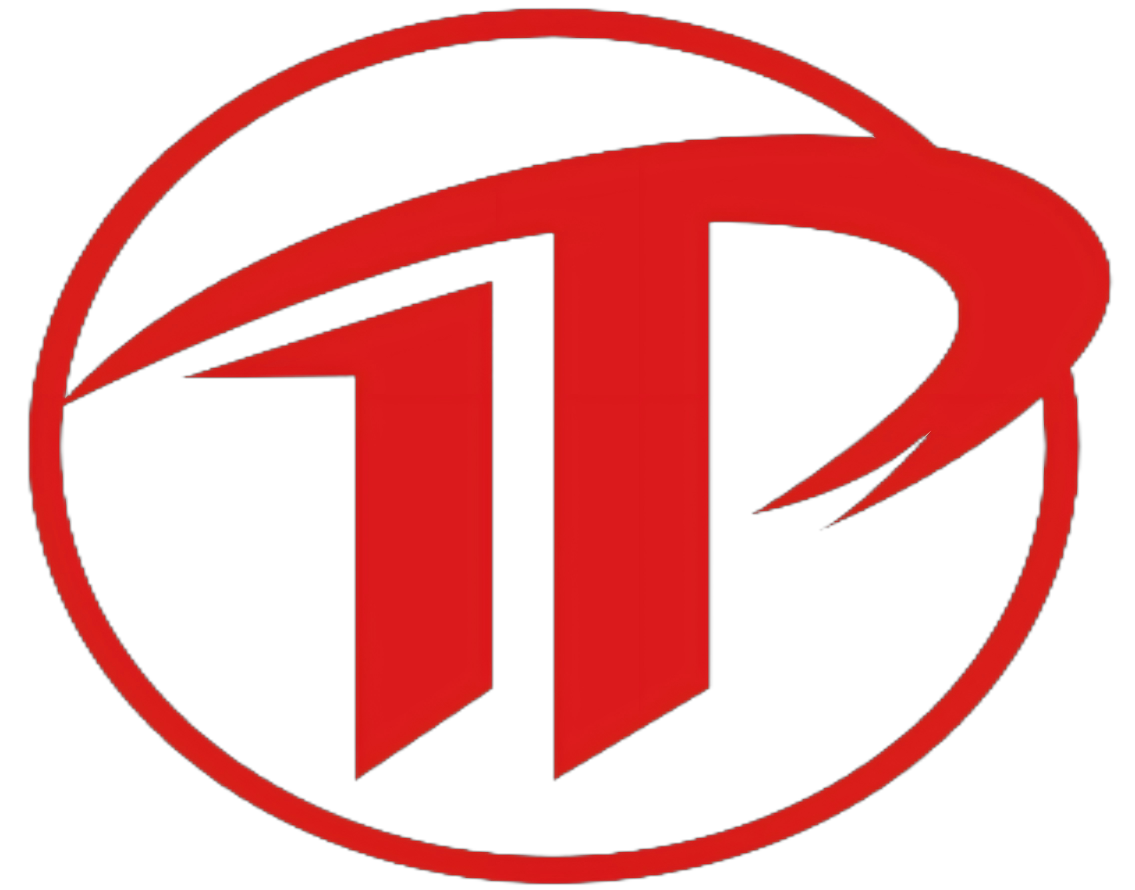Introduction: Why Forging Matters for Trucks
In the world of commercial and heavy-duty trucks, failure is not an option. Every part of a truck must withstand extreme loads, vibrations, impacts, and harsh weather. That’s why forging for truck components is a proven choice for ensuring superior mechanical strength, safety, and long service life.
Whether you’re assembling new trucks or maintaining a fleet, choosing forged truck parts over alternatives means investing in reliability that casting or fabrication often can’t match.
What Is Forging for Truck Parts?
Forging is a metalworking process where metal is shaped under high pressure, often with heat. It realigns the internal grain structure, making the part denser, stronger, and more resistant to fatigue.
✅ Forged vs cast truck parts?
Forged parts maintain a continuous, aligned grain flow for higher strength, while cast parts may contain porosity or random grain patterns that can fail under stress.
✅ Typical forged truck components include:
Axle shafts
Suspension arms
Steering knuckles
Wheel hubs
Brake system parts
Front end parts of a truck such as control arms and crossmembers
This makes forging vital for components of a truck that are safety-critical or load-bearing.
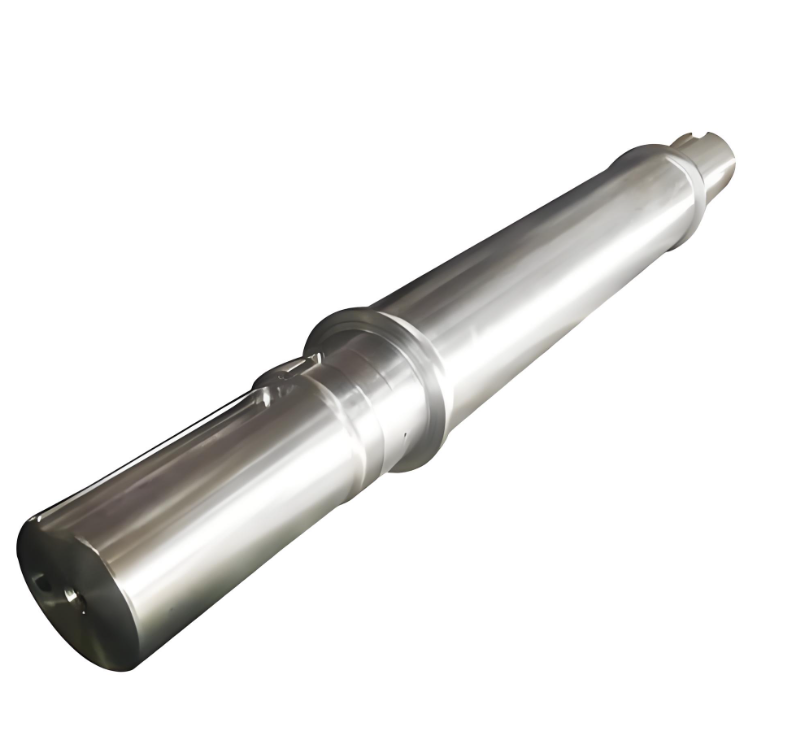
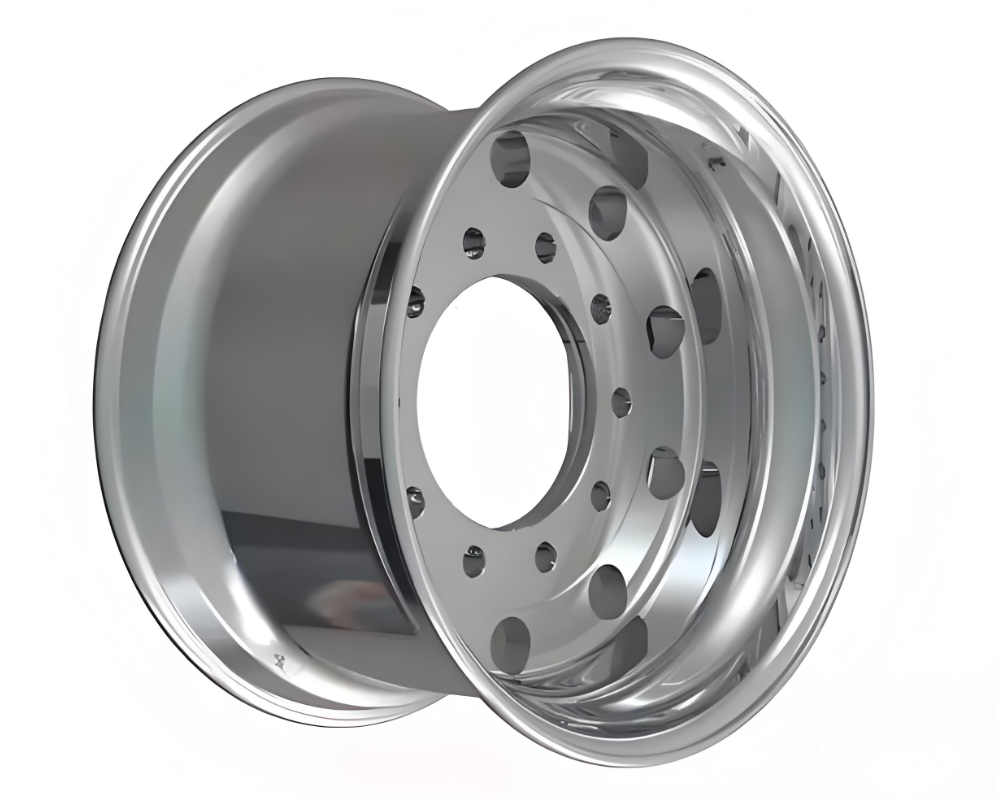
Advantages of Forging for Truck Components
Unmatched Mechanical Strength
Forged truck aspects have grain float aligned to the phase shape, handing over most tensile electricity and have an impact on resistance. Perfect for components of vans that undergo repeated stress.
Superior Fatigue Resistance
Forged components stand up to tens of millions of cycles of vibration and loading besides cracking. That’s why they’re used in the anatomy of a truck anyplace protection and sturdiness are paramount.
Consistent Quality and Reliability
Forging eliminates vulnerable factors located in solid or fabricated parts, making sure steady overall performance for components of the truck even in the hardest conditions.
Design Flexibility
Modern forging (open die, closed die) presents picks for customized truck aspects in many sizes and shapes, assisting each OEM manufacturing and aftermarket upgrades.
Common Forged Truck Parts and Applications
✅ Axle shafts: Key components of a lorry or truck drivetrain.
✅ Steering knuckles: Vital the front stop components of a truck for protected handling.
✅ Suspension arms: Absorb tough terrain stresses.
✅ Brake gadget parts: Maintain energy beneath warmth and pressure.
✅ Engine & drivetrain parts: Crankshafts and connecting rods for torque and power.
✅ Wheel hubs and flanges: Essential components on a truck for wheel support.
Forged options reinforce the anatomy of a truck for long-haul durability.
Materials Used in Truck Forging
Forging for truck components makes use of strong, low-cost materials:
Carbon steels (1045, AISI 1050)
Stainless steels (304, 316, 410) for corrosion resistance
Microalloyed steels for toughness
Heat remedies like quenching and tempering tune residences for precise components of trucks.
Forging vs Casting for Truck Parts: Key Differences
| Feature | Forging | Casting |
| Grain Structure | Aligned, dense, strong | Random, potential porosity |
| Strength and Toughness | Excellent | Moderate |
| Fatigue Resistance | Superior | Lower |
| Cost (Low Volume) | Higher tooling costs | Lower mold costs |
| Shape Complexity | Limited (but improving) | Excellent for complex shapes |
| Typical Use Cases | Load-bearing, safety-critical parts | Housings, covers, non-critical shapes |
✅ Cast vs solid truck parts?
When you want energy and reliability in truck components, forging wins. For complex, low-stress shapes, casting can be cost-effective.
Why Choose Forged vs Cast Truck Parts?
✅ Heavy-duty vehicles demand strong components of truck design.
✅ Forged factors enhance security margins.
✅ Long-term financial savings from fewer repairs and downtime.
✅ Best for essential components of a lorry underneath excessive load.
Custom Forging Solutions for Truck Components
We supply custom truck elements solid to your specifications:
✅ Dimensions: From small precision components to giant structural pieces.
✅ Materials: Wide alloy selection.
✅ Heat Treatments: Normalized, quenched & tempered.
✅ Machining: Precision-ready installation.
✅ Testing: Ultrasonic, MPI, hardness, tensile.
Our knowledge helps you create durable, high-performance components of vans for any market.
Conclusion: Forging for Truck Components Is the Smart Choice
Forged truck components supply safety, load capacity, and reliability that casting can’t match. For everybody designing or keeping the anatomy of a truck, forging is the clear choice.

